Sexual Abuse Laws In Iowa Fight For The Rights Of Injured Victims
In Iowa, the legal system provides a thorough framework for addressing sexual abuse, safeguarding the rights of victims through both criminal and civil laws. The state classifies sexual abuse offenses into degrees based on severity, tackling everything from physical acts to non-physical exploitation, ensuring that victims have pathways for compensation and justice. Victims can seek compensation for damages such as medical expenses and pain and suffering, with legal professionals playing a pivotal role in guiding them through the process. Additionally, advocacy resources and legal support services offer essential assistance, ranging from emotional support to representing survivors in court. This legal landscape in Iowa empowers victims, aiding in their recovery and holding offenders accountable. Further exploration reveals how these laws and resources collaboratively work towards the healing and justice for survivors.
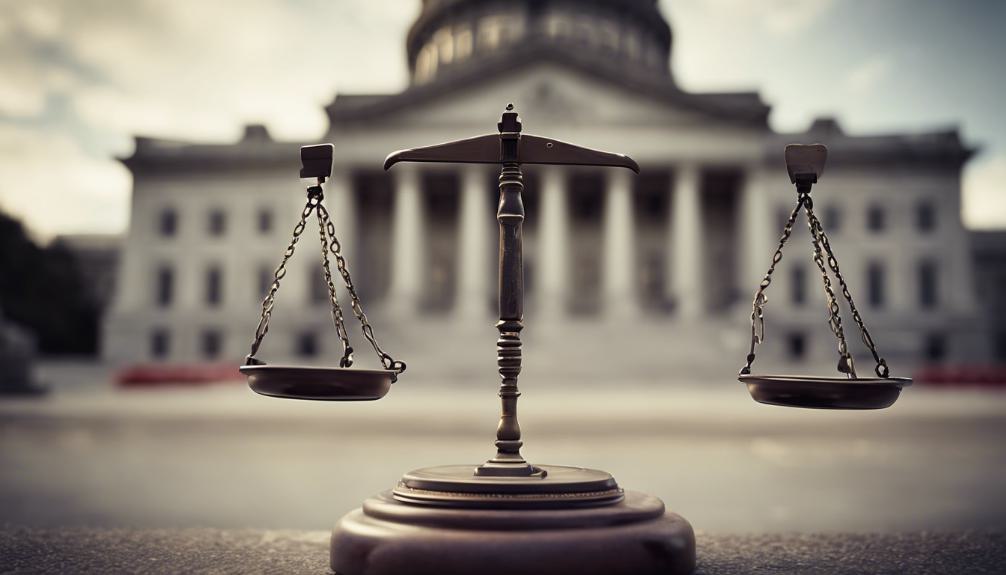
Iowas Legal Framework
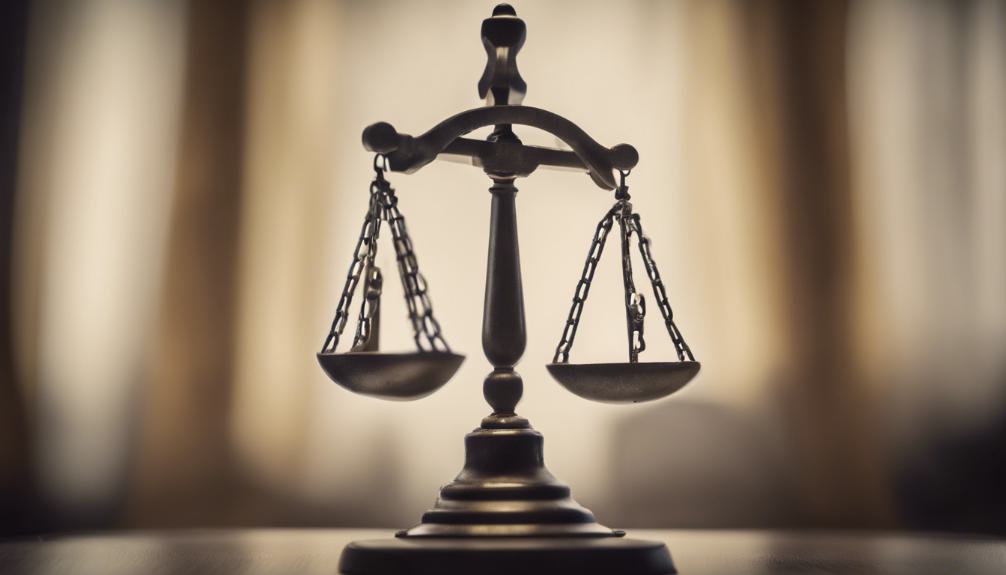
Iowa's legal framework for addressing sexual abuse encompasses a thorough set of criminal laws, aimed at safeguarding both minors and adults against sexual crimes and providing a robust mechanism for penalizing offenders. This all-encompassing legal structure classifies sexual abuse into various degrees, each with corresponding penalties that reflect the severity of the offense. It strongly prohibits indecent exposure and the sexual exploitation of individuals by professionals in positions of trust or authority. Moreover, the state has enacted specific laws to address sexual misconduct involving offenders and juveniles, ensuring that all segments of the population are protected under its legal provisions. This framework is meticulously designed to deter potential offenders, support victims, and maintain the integrity of the legal system in handling these sensitive and critical issues.
Specific Offenses Explained
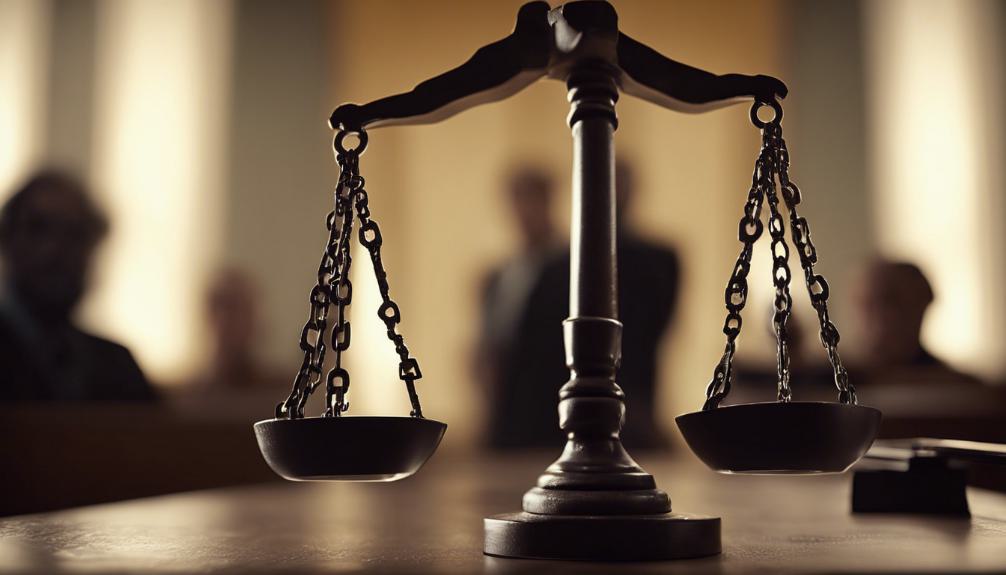
Delving deeper into the legalities, this section elucidates the specific offenses under Iowa's sexual abuse laws, outlining the definitions, classifications, and corresponding legal consequences for each. These offenses encompass a variety of illicit acts, including but not limited to, lascivious acts with a child, indecent contact, and sexual exploitation by those in professional or authority positions. The laws distinctly address the severity of acts committed against minors and adults, categorizing them to reflect the level of consent and the age of victims. Moreover, they extend to cover non-physical forms of abuse, such as exploitation and exposure, recognizing the broad spectrum of actions that can cause harm. These definitions serve as a foundation for understanding the legal framework before delving into the degrees of offenses and the punishments they incur.
Degrees and Punishments
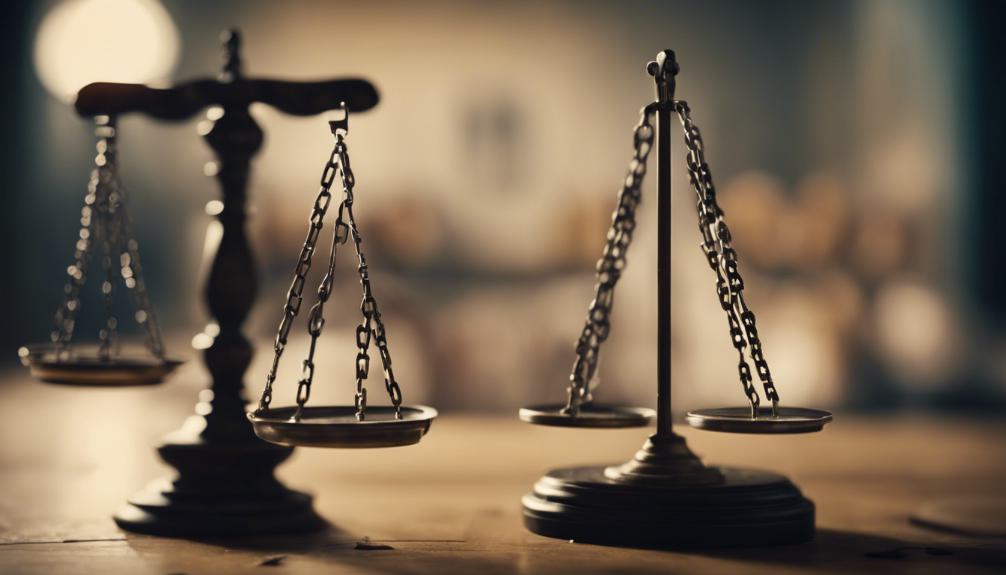
Understanding the specific offenses under Iowa's sexual abuse laws sets the stage for exploring the degrees of these crimes and the corresponding punishments. Iowa categorizes sexual abuse into degrees, with the severity of the crime dictating the stringency of the penalty. First-degree offenses typically involve forcible sexual acts resulting in serious injury or are perpetrated against minors, carrying the harshest sentences, including lengthy prison terms. Second and third-degree abuses involve varying levels of coercion and victim harm, with penalties adjusted accordingly. Additional laws penalize sexual misconduct by authority figures or professionals, emphasizing the state's commitment to protecting vulnerable populations. Each degree reflects a deliberate legal framework designed to proportionately punish offenders while underscoring the serious nature of sexual abuse crimes in Iowa.
Victim Compensation Rights
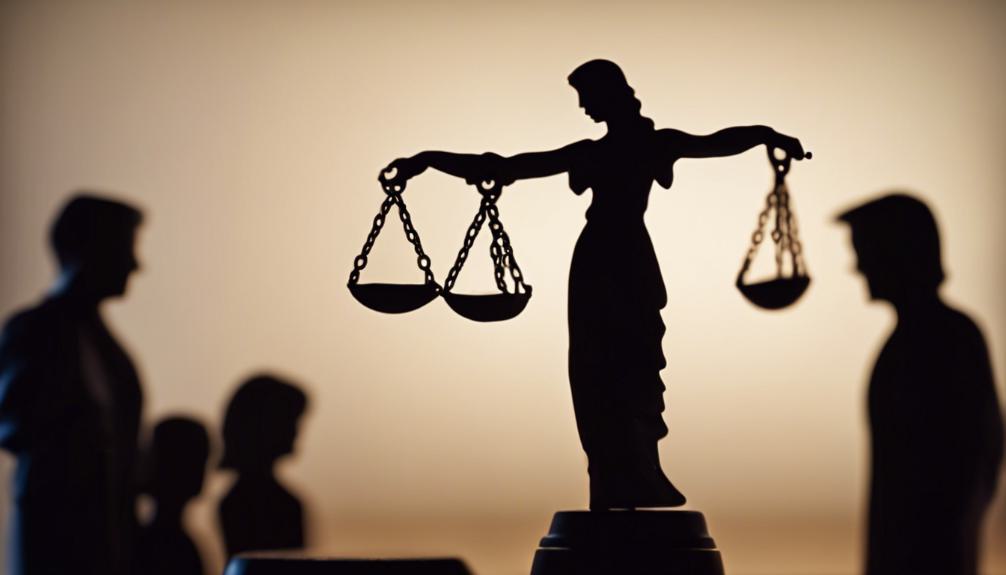
Victims of sexual abuse in Iowa have the right to seek compensation for their suffering and losses through the civil court system. This legal avenue empowers survivors to hold perpetrators accountable beyond criminal proceedings, addressing the broader impact of the abuse on their lives. Compensation can cover medical expenses, therapy costs, lost wages, and pain and suffering, providing a tangible form of justice and aiding in the healing process.
The state's legal framework supports victims by allowing them to pursue civil lawsuits against their abusers and, in certain cases, against institutions that may have enabled the abuse. It is important for survivors to understand their rights and the significance of timely legal action, as statutes of limitations can affect the ability to file a claim. Legal professionals specializing in sexual abuse cases play a critical role in understanding these complexities, ensuring victims' voices are heard and their damages are rightfully compensated.
Survivor Advocacy Resources
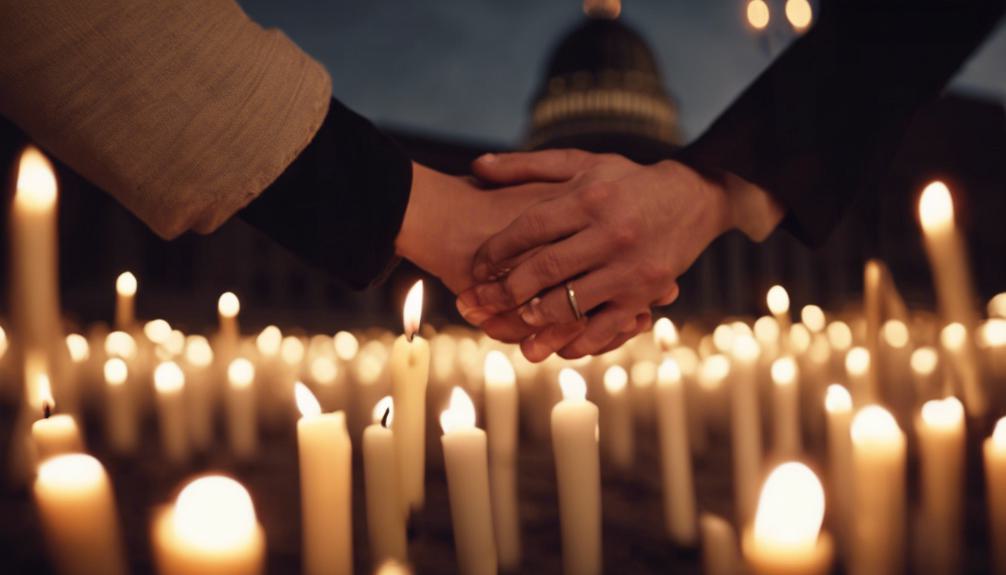
Supporting survivors of sexual abuse, numerous advocacy resources in Iowa offer essential services ranging from legal assistance to emotional support. These organizations understand the multifaceted nature of recovery and provide a range of services tailored to meet the individual needs of survivors. From confidential counseling and crisis intervention to support groups and educational programs, these resources aim to empower survivors, helping them navigate the healing process. Additionally, advocacy groups often work to raise awareness about sexual abuse, promoting prevention strategies and pushing for legislative changes that protect survivors. By offering a safe space and a supportive community, these resources play an important role in the recovery journey, ensuring that survivors do not have to face their challenges alone.
Legal Support Services
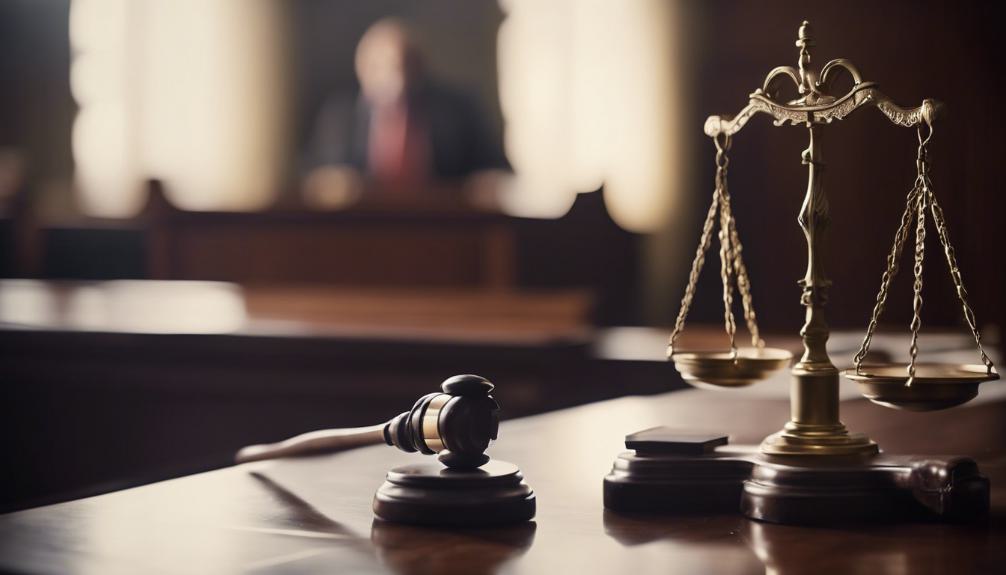
Numerous legal support services in Iowa offer invaluable assistance to survivors of sexual abuse, providing a essential pathway to justice and recovery. These services range from free legal consultations to thorough representation in civil courts, ensuring victims have access to the resources necessary for their healing journey. Legal professionals specializing in sexual abuse cases work tirelessly to advocate for the rights and well-being of survivors, guiding them through the complexities of the legal system with compassion and expertise. Their commitment extends beyond the courtroom, as they collaborate with various support organizations to secure the medical, psychological, and financial assistance survivors need to rebuild their lives. By offering a holistic approach to legal support, these services play a critical role in empowering victims to seek justice and hold offenders accountable.
Civil Vs. Criminal Proceedings
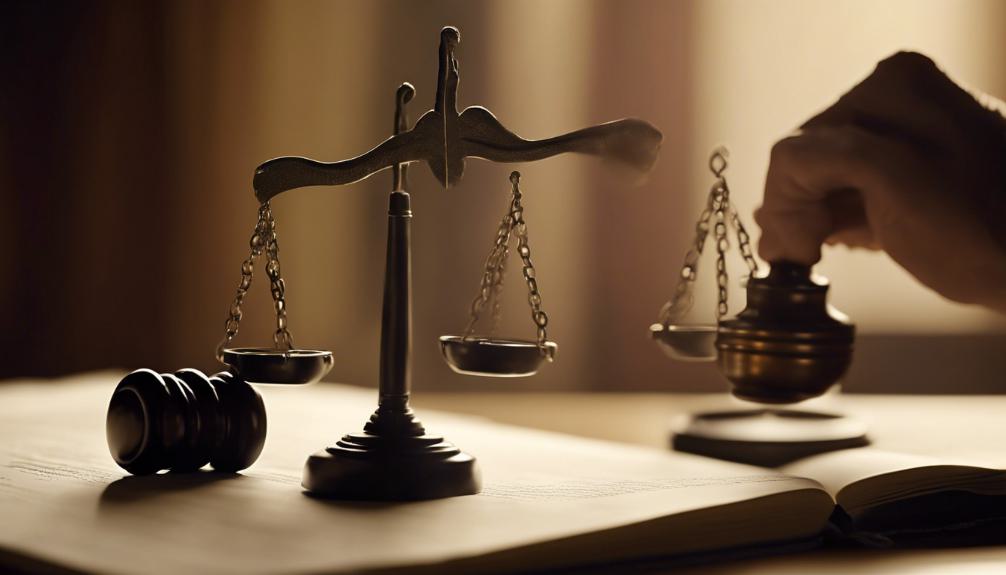
Understanding the distinction between civil and criminal proceedings is essential for survivors of sexual abuse seeking justice and compensation in Iowa. Criminal proceedings address the violation of state laws, focusing on punishing the offender through imprisonment, fines, or other penalties. The state prosecutes the accused, and the burden of proof is 'beyond a reasonable doubt.' In contrast, civil lawsuits enable survivors to pursue financial compensation for their injuries and suffering. These cases are between the victim and the perpetrator, with a lower burden of proof, 'preponderance of the evidence,' making it an important avenue for survivors seeking reparation. While criminal cases can provide a sense of justice through the offender's punishment, civil actions emphasize the survivor's healing and recovery by addressing their financial and emotional losses.
Empowering Voices for Justice
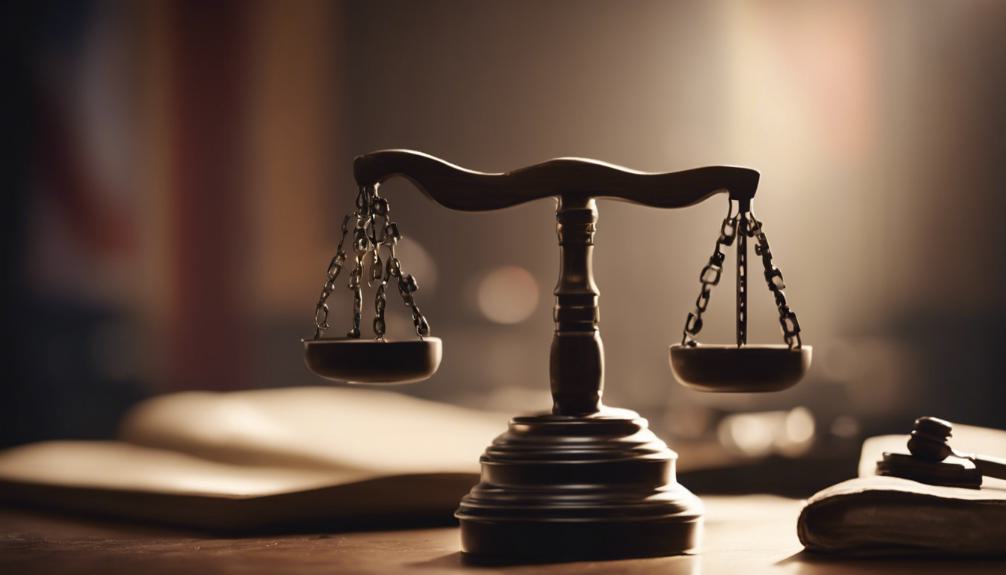
Empowering the voices of survivors is an essential step in the journey towards achieving justice and healing for victims of sexual abuse in Iowa. The legal framework in the state is designed to provide a robust support system for survivors, enabling them to navigate the complexities of the legal process with confidence. By recognizing the importance of each survivor's story, Iowa's legal system fosters an environment where victims are heard and validated. Legal professionals and advocacy groups play a pivotal role in this process, offering guidance, support, and representation to guarantee that survivors' rights are safeguarded and their cases are pursued with diligence. Through such collective efforts, the legal community in Iowa is making strides in empowering survivors, advocating for their rights, and facilitating their journey towards healing and justice.

This post has been generated by AI and was not reviewed by editors. This is Not legal advice. Please consult with an attorney.




